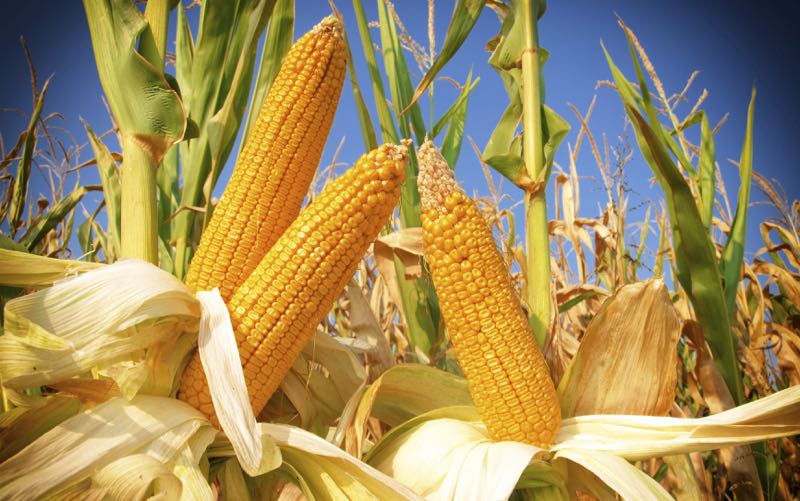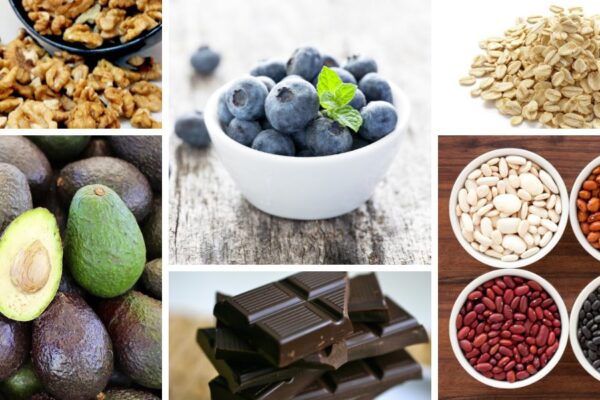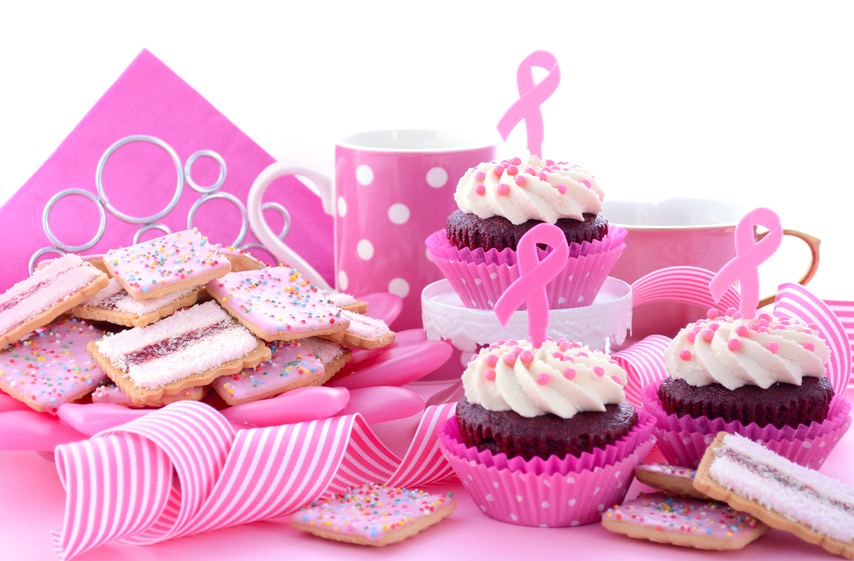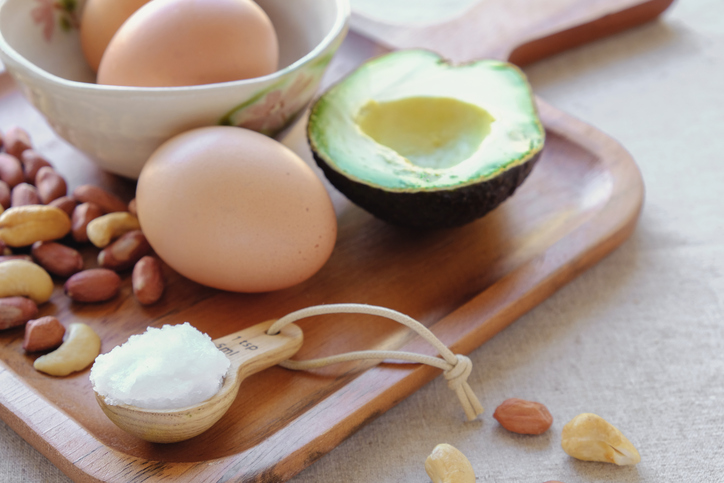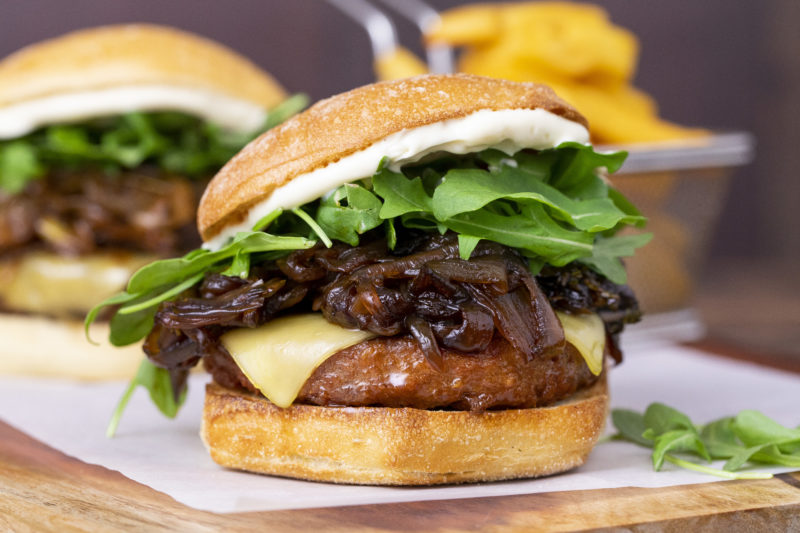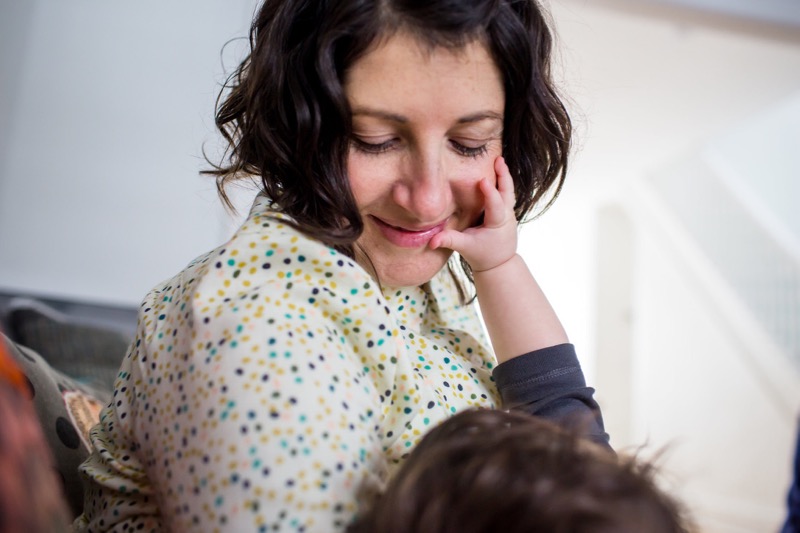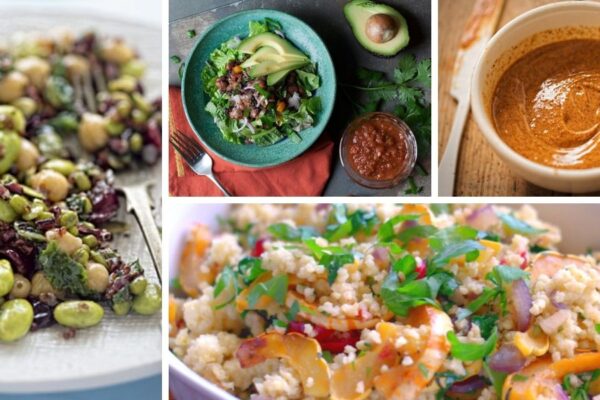Should You Be Avoiding Grains?
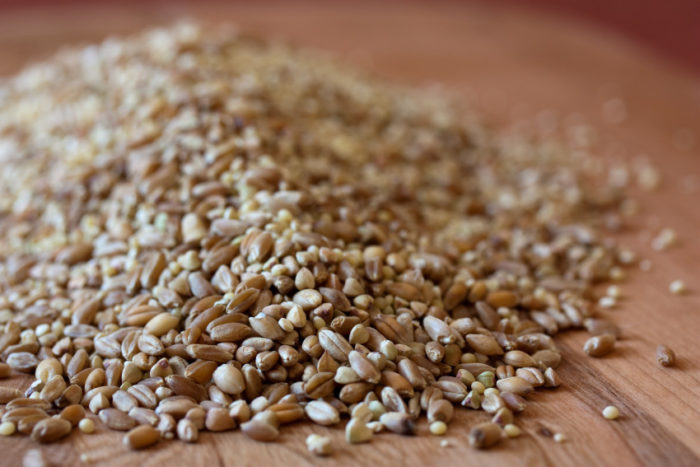
Unless you’ve been living on a deserted island for the last five years, you’ve undoubtedly heard of the controversy surrounding gluten-free diets. Gluten, a protein found in grains such as wheat, barley and rye, is linked to a host of inflammatory health issues including digestive issues, brain disorders, skin conditions and insulin resistance.
With the rising popularity of the Paleolithic diet, another question emerges: should we be avoiding grains altogether?
Paleo-style diets eliminate grains entirely, whether they’re gluten-free or not. The notion behind this is that our ancestors didn’t eat them – humans have only been cultivating grains for the last 10,000 years – and that grains can be detrimental to our health. Many grain-free diet proponents claim that grains can cause a similar array of health issues that gluten does (digestive, cognitive, immune, etc.) and grains are not a health-promoting food.
However, there is also a range of evidence that shows gluten-free grains such as brown rice, millet and sorghum, along with pseudograins like quinoa, buckwheat and wild rice can have a multitude of health benefits.
So should you avoid grains? Let’s break down some of the pros and cons.
Avoiding Grains
Pros
A grain-free diet can lead to some of the following health benefits:
- Better digestive function
- Improved cholesterol status
- Weight loss
- A reduction in inflammation and autoimmune conditions
- A better gut ecology, or microbiome
- Decreased intake of anti-nutrients such as lectin and phytic acid, which can lead to better nutrient absorption
Cons
Grain-free diets aren’t all sunshine and rainbows. Here are some of the negative aspects:
- Low grain intake can result in increased consumption of conventionally-raised feedlot animal products, which can be pro-inflammatory
- One must be strictly grain-free for maximum benefit, which can be challenging
- Increased consumption of nuts, and these can be difficult to digest if eaten in large quantities or if they aren’t soaked to release anti-nutrients
- Difficulty eating out or at other people’s homes (though there are definitely ways you can deal with this)
Consuming Grains
Pros
Grains are a rich source of nutrients, including fibre, B vitamins (they help with stress and boost energy levels), and minerals like magnesium and iron. Some of the benefits of eating grains are:
- Better pooping and regularity, due to the high fibre content
- Improved overall longevity
- Blood sugar balance, satiety and reduced risk of Type 2 diabetes
- Improved weight management
- Protection against cardiovascular disease
- With proper cooking techniques, anti-nutrients can be reduced or eliminated
One thing to keep in mind is when we say ‘grains’, we mean grains in their whole form, not processed refined flours and starchy foods like bagels and English muffins. Think a pot of quinoa or brown rice, not a product with the healthwashing term ‘whole grain’ splashed on the label.
Cons
Carbo-tarians may experience some of the following negative health effects:
- According to the Specific Carbohydrate Diet, grains can cause an overgrowth of bad bacteria in the gut
- Reduced nutrient absorption, due to the content of anti-nutrients in grains
- May cause tooth decay
- Refined grain consumption can lead to obesity, blood sugar imbalances, mood changes, heart disease and inflammation
Want to Reduce Grain Consumption?
If you’re wondering how you can hop off the sandwich-cereal-toast-pasta train, here are some suggestions for grain-free eating:
- Use lettuce to wrap burgers and sandwiches
- Make deconstructed sandwiches by scattering your sandwich toppings over greens
- Use slices of zucchini, eggplant, sweet potato or butternut squash to replace noodles in lasagna or pasta dishes
- Form pizza and pie crusts using cauliflower, ground nuts or ground seeds
- Make pizza crusts using chickpea or lentil flour (these also make great pancakes or crepes)
- Use ground cauliflower or parsnips in place of rice
- Use almond flour, coconut flour, or sunflower seed flour in baking
As you can see, there is a lot of evidence in both camps that indicate grains can be either helpful or harmful. A great way to figure out whether a grain-free diet is right for you is to try it. You’re always your own best health expert, so experiment, tune in and see how you feel when you eat them.
Do you eat grains? Why or why not? What are your favourite grain-free substitutions?
Free Resource Library
Enjoy more than 40 downloadable guides, recipes, and resources.
















